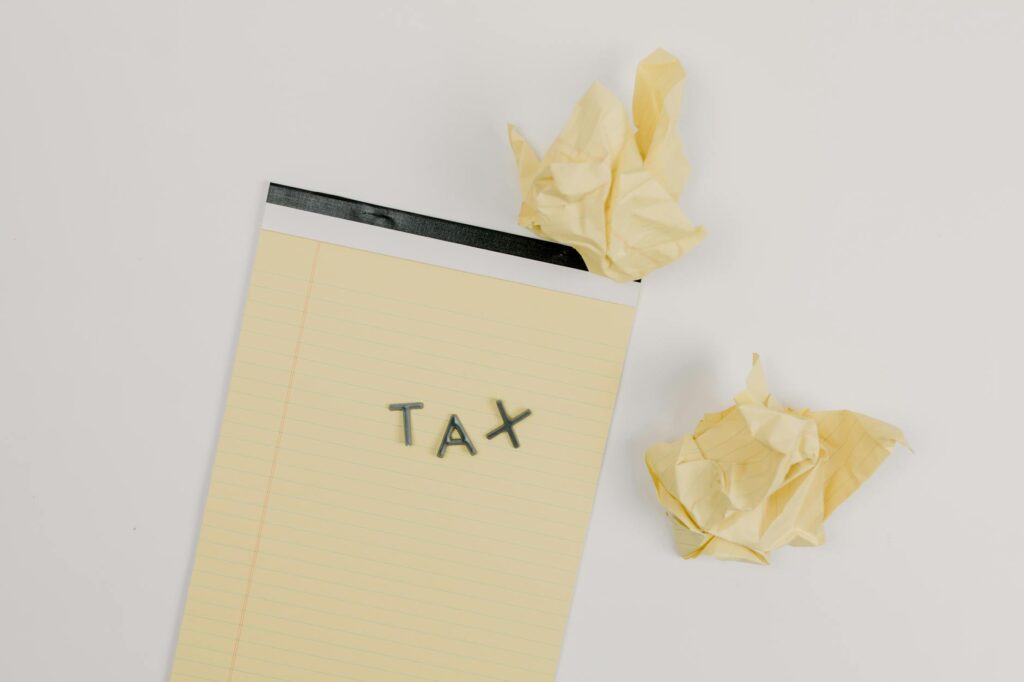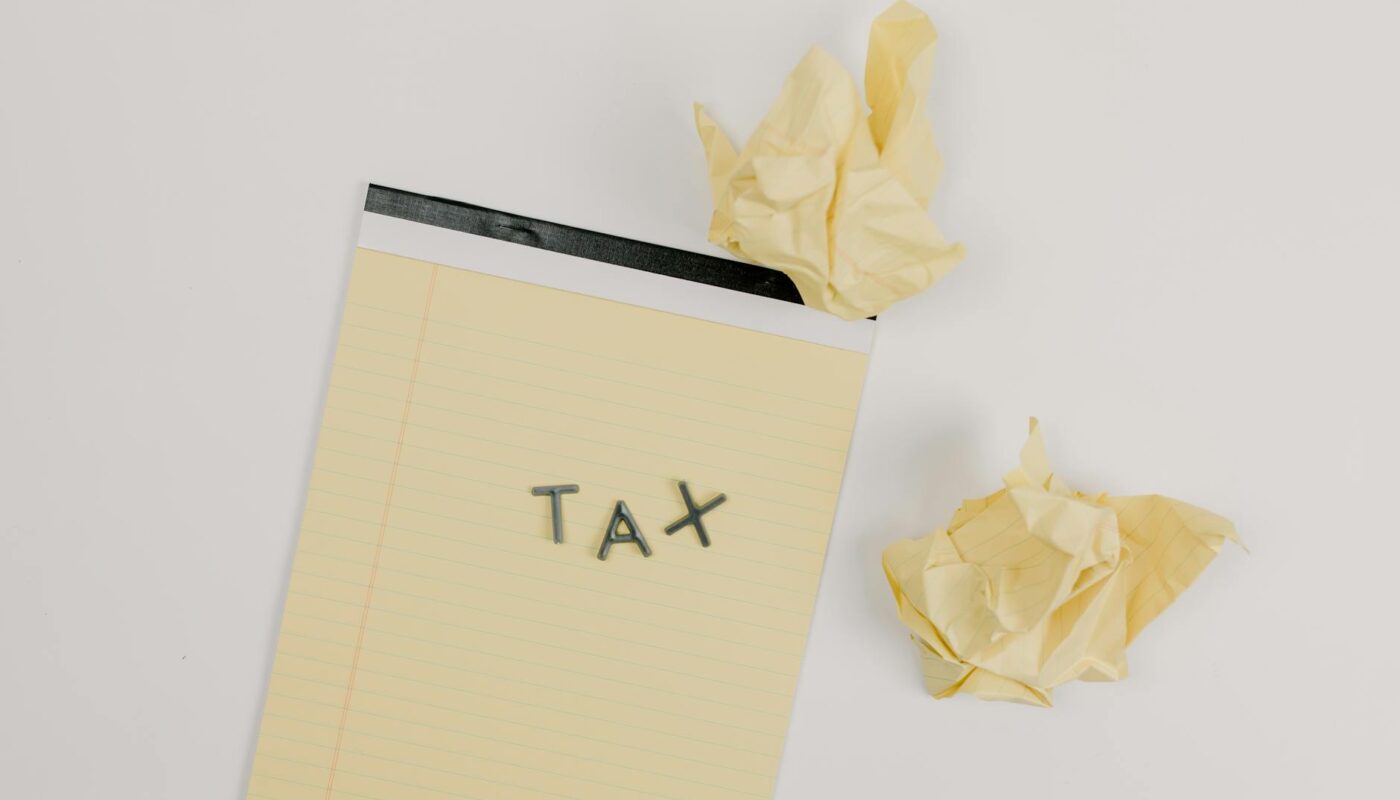Budgeting can feel like a chore, but it’s a crucial step towards achieving your financial goals. Many people make common mistakes that derail their progress. This post will highlight some of the most frequent errors and offer solutions to help you create a more effective budget.
Tracking Your Spending
The foundation of any successful budget is accurately tracking your spending. Many underestimate how much they spend on small, everyday purchases like coffee or snacks. Start by using a budgeting app, a spreadsheet, or even a notebook to record every expense for at least a month. This will give you a clear picture of where your money is actually going. Consider using different categories to group your expenses, making it easier to identify areas where you could potentially cut back. 
Failing to Plan
Failing to plan is planning to fail – especially when it comes to budgeting. Winging it and hoping for the best rarely works out. A proper budget involves setting financial goals, determining your income, and allocating funds for essential expenses, savings, and debt repayment. Use a budgeting method that suits your needs, such as the 50/30/20 rule or the zero-based budget. Learn more about different budgeting methods here.
Ignoring Unexpected Expenses
Life throws curveballs. Unexpected car repairs, medical bills, or home maintenance issues can significantly impact your finances if you haven’t planned for them. Build an emergency fund that covers 3-6 months of living expenses. This safety net will help you avoid going into debt or derailing your budget when the unexpected happens. Having a well-funded emergency fund will provide you with much-needed peace of mind. 
Underestimating Expenses
It’s easy to underestimate your expenses, particularly those that occur monthly or less frequently. Review your past spending to get a more accurate picture. Factor in things like annual insurance premiums, holiday spending, and property taxes. Be realistic and add a buffer for unexpected expenses. Learn more about creating a realistic budget.
Not Reviewing and Adjusting Your Budget
Your budget isn’t a ‘set it and forget it’ tool. Your financial circumstances and goals may change, requiring adjustments to your budget. Review your budget monthly, analyzing your progress, making necessary tweaks, and celebrating your accomplishments! If you find yourself consistently overspending in certain areas, take a step back and evaluate how to bring your spending back on track. [IMAGE_3_HERE]
Overlooking Debt Repayment
High-interest debt can significantly hinder your financial progress. Create a plan to tackle your debt aggressively, whether through the debt snowball or avalanche method. Consider consolidating your debts to simplify repayments and potentially lower interest rates. Proper debt management is crucial for long-term financial health. Check out this debt repayment calculator.
Budgeting effectively takes time and effort, but the rewards are well worth it. By avoiding these common mistakes and consistently monitoring your finances, you’ll be well on your way to achieving your financial goals. Remember to be patient with yourself, and don’t be afraid to seek advice from a financial advisor if you need additional support. Find a financial advisor near you.
Frequently Asked Questions
What is the best budgeting method? There is no single “best” method. The ideal approach depends on your individual financial situation, spending habits, and goals. Experiment with different methods to discover which one works best for you.
How often should I review my budget? It’s recommended to review your budget at least monthly to track your progress, identify areas for improvement, and make necessary adjustments.
What should I do if I overspend one month? Don’t panic! Analyze where you overspent, make adjustments to your budget for the following month, and get back on track. It’s important to not let one month’s overspending derail your long-term goals.
How can I stick to my budget? Use budgeting apps, set reminders, and involve your partner or family if necessary. Regularly review your progress and reward yourself for staying on track.
What are some budgeting apps that can help me? Many budgeting apps are available, each with different features. Some popular options include Mint, YNAB (You Need A Budget), and Personal Capital. Learn more about budgeting apps.



